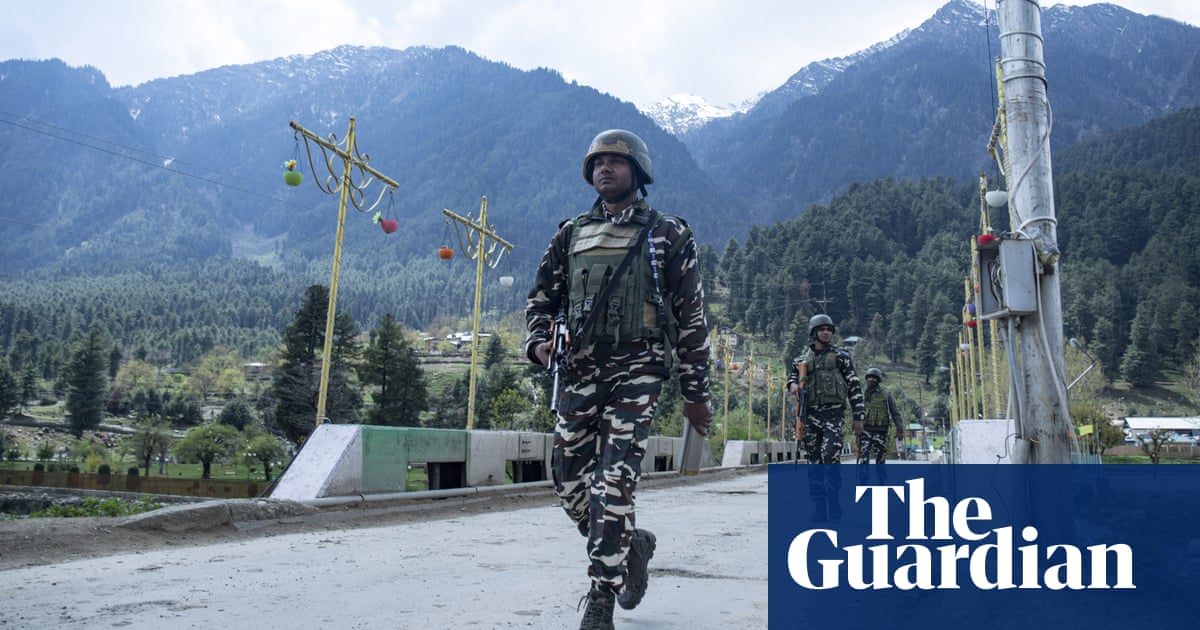India has summoned Pakistan’s top diplomat in New Delhi, local media reported on Thursday, a day after it announced measures to downgrade ties with Islamabad over adeadly militant attack in Kashmir.
A day after suspected militants killed 26 men at a tourist destination inKashmir– in the worst attack on civilians in the country in nearly two decades – Indian foreign secretary Vikram Misri said there was cross-border involvement in the attack and that New Delhi would suspend a six-decade old river-sharing treaty, as well as close the only land crossing between the neighbours.
India will also pull out its defence attaches inPakistanand reduce staff numbers at its mission in Islamabad to 30 from 55, Misri said.
The summons gave notice that all defence advisers in the Pakistani mission were persona non grata and given a week to leave, one of the measures Misri announced on Wednesday.
India’s prime minister,Narendra Modi, has called for an all-party meeting with opposition parties on Thursday, to brief them on the government’s response to the attack.
In Islamabad, prime minister Shehbaz Sharif was scheduled to hold a meeting of the national security committee to discuss Pakistan’s response, foreign minister Ishaq Dar said in a post on X.
The Indus water treaty, mediated by the World Bank, splits the Indus River and its tributaries between the neighbours and regulates the sharing of water. It had until now withstood wars between the neighbours.
India would hold the treaty in abeyance, Misri said.
Diplomatic ties between the two nuclear-armed rivals were weak even before the latest measures were announced, as Pakistan had expelled India’s envoy and not posted its own ambassador in New Delhi after India revoked the semi-autonomous status ofKashmirin 2019.
Tuesday’s attack is seen as a setback to what Modi and his Hindu nationalist Bharatiya Janata Party have projected as a major achievement in revoking the special status that Jammu and Kashmir enjoyed, and bringing peace and development to the long-troubled Muslim-majority region.
